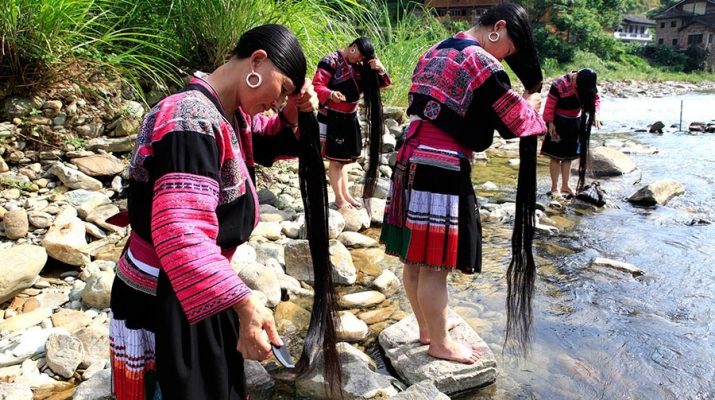Story by Virginia Nyokabi
The first time I heard about rice water making your hair grow, I was told by a friend. That’s when I also started seeing posts in Facebook, women sharing their photos of their hair before and after using rice water. The results shown are very impressive and tempting.
This has become so popular in that instead of pouring the water like most of the people do after rinsing the rice, most women are now storing the water for a couple of days before using it.
Just what is rice water?
Rice water is the starchy water left over after the rice has been left to soak or cooked. It is thought to contain vitamins and minerals, amino acids and antioxidants which are some of the nutrients that may be important for the hair.
History
According to research, women in Japan, China and some parts of Asia have been using fermented rice water for centuries. Yao women in Huangluo Village, in Guangxi province, Southern China are known for having extraordinarily long hair that remain black till they are old. They cut their hair once when they reach 18 years to signify that they are now adults and ready to marry. The women believe that the long hair is a sign of good fortune and good health. Due to this striking feature, they made it to the Guinness Book of World Records as the ‘World’s longest hair village’.
In Heian period in the Japanese history, women washed their hair with fermented rice water to keep their hair long as this was considered a sign of beauty. This it is speculated was a sign of opposition to China’s trend which favoured short hair.
How to make rice water
Get your rice in a bowl and add water
Rinse off dirt from the rice and soak it again in clean water for 30 minutes.
Obtain rice by sieving
Leave the rice water to in a tight aired bottle for up to 3 days for it to ferment.
Other Skin benefits
In addition to making the hair grow, rice water is said to relieve acne and dermatitis. This is according to a 2002 study done by the Department of Toxicology at Vrije University in Brussels, Belgium. It also treats damaged and aging skin.

